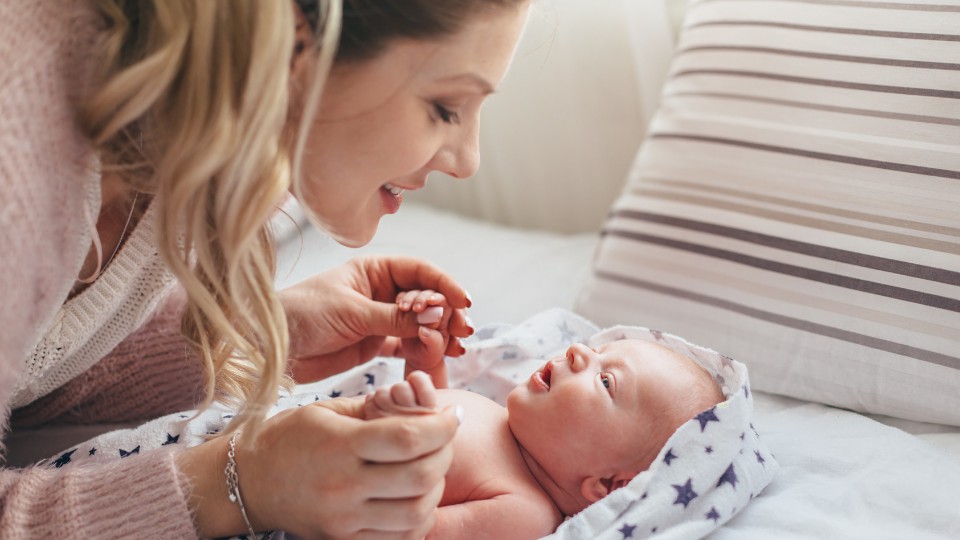
Are you a parent who’s just discovered your baby has hearing loss, and you’re wondering how to help them start communicating? Early support and interaction can make a world of difference in your child’s speech and language development, even when hearing is impaired.
In this article, you’ll find research-backed strategies that support early communication in newborns with hearing loss. These tips, including everyday routines, special hearing tools, and professional therapy, will help you feel empowered to nurture your baby’s growth from day one.
Why Early Communication Matters
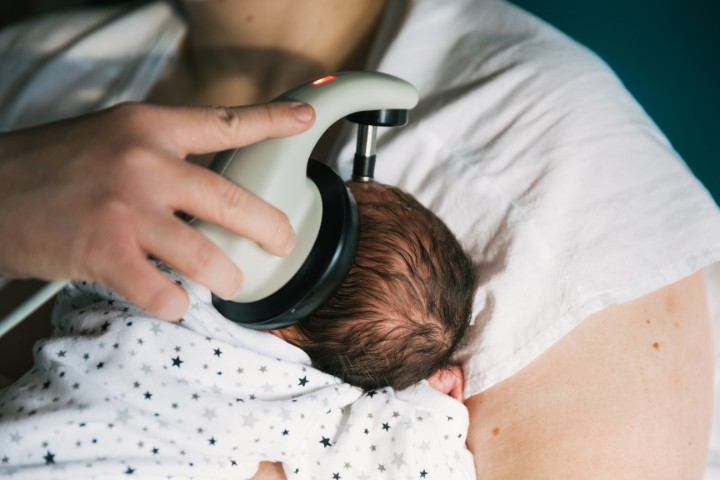
When newborn hearing loss is identified, typically through newborn hearing screening, it’s essential to begin communication efforts immediately. Research shows babies learn language best during their first year of life, so early intervention is crucial. By incorporating talking, singing, and eye contact into daily life, parents can help shape the foundations of language, even when their baby hears differently.
If you’re curious about how newborn screening works, check out Pediatric Associates of Dallas’s overview on newborn hearing screening.
Use Parentese to Boost Engagement

“Parentese” (also known as baby talk or infant-directed speech) involves using a higher pitch, slower tempo, and exaggerated intonation. Studies reveal it helps infants, even those with hearing loss, to better distinguish speech sounds.
- Speak in a sing-song voice with clear pronunciation and enthusiastic expressions.
- Repeat words and phrases often to reinforce understanding.
- Amplify facial expressions and gestures; your expressions help your baby attach meaning to sounds.
Maintain Strong Eye Contact

For infants with hearing loss, visual support is key:
- Face your baby while speaking so they grasp the likely connection between facial movements and words.
- Use physical cues, such as gentle touches, to guide their attention before speaking.
- Mirror facial expressions like surprise or happiness—this teaches emotion and conversational cues.
Reduce Background Noise for Optimal Listening
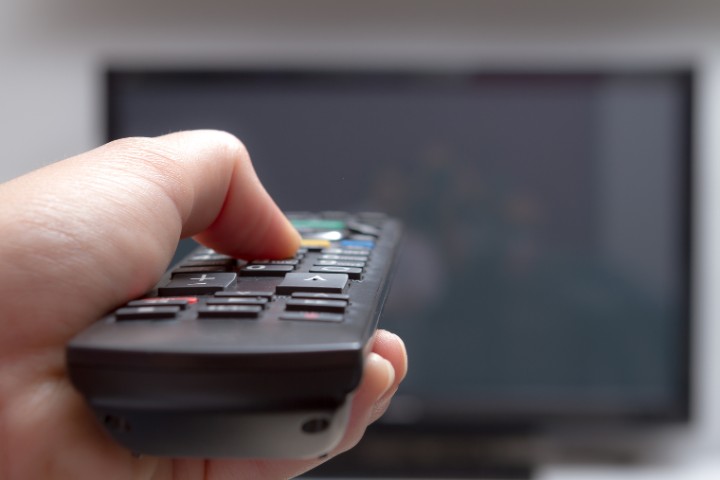
Minimizing distraction helps your baby focus on the speech they can hear:
- Turn off TVs, radios, and noisy appliances when interacting with your child.
- When feeding or playing, choose quieter spaces where you can be close.
- Try closed doors and soft furnishings to reduce echoes and unwanted sounds.
These adjustments enhance the effectiveness of hearing technology like hearing aids or cochlear implants, especially in auditory-verbal therapy settings.
Embed Communication in Daily Routines

Every day moments are powerful language learning opportunities:
- Narrate everything you do: “I’m washing your feet,” “Here’s your diaper,” or “Let’s put on this hat.”
- Sing during routines: craft simple tunes about diaper changes, bottle time, or nap routines.
- Read board books with clear photos and bold text, naming animals, objects, and colors.
- Include your baby in conversations, even if they can’t fully understand, they absorb tone and meaning.
Use Gestures & Simple Baby Sign Language

Sign language can be an early bridge to communication:
- Start with basic gestures like
- “More”: double-tap hands
- “All done”: twist hands outward
- “Milk”: pumping gesture
- Always pair gestures with spoken words to reinforce learning.
- Point to objects as you name them to teach word associations visually.
Get the Hearing Technology Fit Right
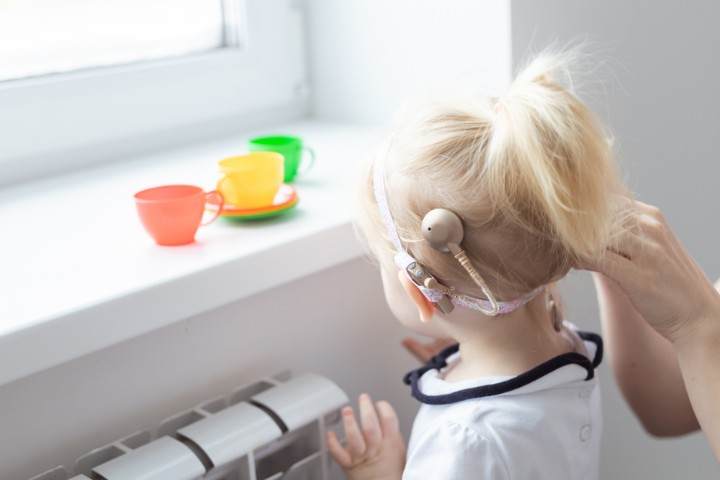
For newborns with confirmed hearing loss, fitting hearing aids or discussing cochlear implants should be prioritized. Proper fit and programming are essential in helping your baby access sounds during language emergence.
- Schedule early programming with pediatric audiologists.
- Ensure consistent use—babies need to hear sounds frequently to learn speech.
- Routine checks maintain optimal device function and fit.
See our audiology specialists for support, explore the audiology & lactation consultants team at Pediatric Associates of Dallas, or learn about Dr. Bess Weeks, Au.D.
Engage in Auditory-Verbal Therapy (AVT)
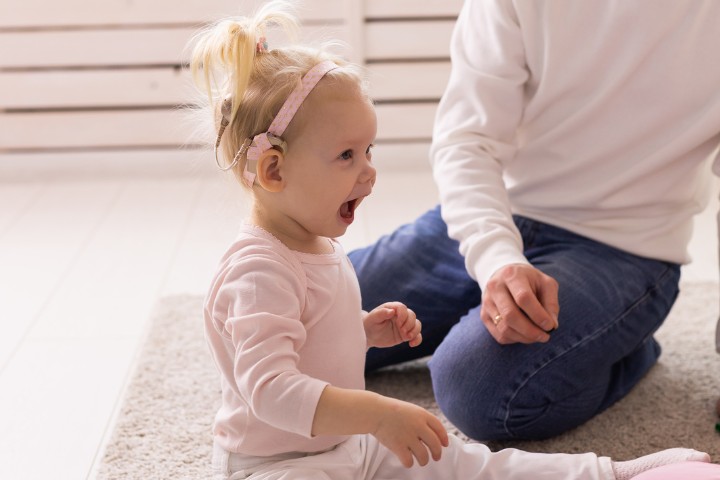
AVT teaches babies who are deaf or hard of hearing to use their sense of hearing in learning spoken language. Guided by certified therapists, AVT involves:
- Practicing listening skills with sounds and speech
- Using toys and play to encourage verbal responses
- Coaching parents to embed spoken language naturally in daily life
Stay Consistent and Trust the Process

Consistency is key in helping your child develop language:
- Speak to your baby all day, every day, throughout feeding, play, diaper changes, and bedtime routines.
- Make it a habit to use gestures and facial expressions alongside spoken words.
- Celebrate every attempt, even nonverbal ones, as they help your baby grow.
Partner with Healthcare and Therapy Experts

A multidisciplinary approach ensures well-rounded support:
- Work with your pediatrician for ongoing follow-up and developmental tracking.
- Meet monthly with your audiologist to monitor hearing and device effectiveness.
- Join an early intervention program to access speech therapy, occupational therapy, and educational support, all working together for your child’s development.
You can read Dr. Weeks’s thoughts on newborn hearing and early intervention here, and check out audiology milestone tips for newborns.
In Summary

Supporting early communication in newborns with hearing loss calls for intentional, consistent efforts:
- Use parentese, eye contact, and gesture
- Minimize background noise
- Introduce sign language early
- Leverage hearing technology and therapy
- Communicate throughout daily routines
Early exposure to language, whether spoken or signed, helps babies build strong neural pathways and engage confidently with the world.
Next Steps for Your Family
If your child has been diagnosed with hearing loss or you suspect a concern, begin these speech support strategies right away. For comprehensive newborn hearing screenings, audiologist guidance, and tailored early intervention plans, visit Pediatric Associates of Dallas‘ audiology team and click through these helpful resources:
- Meet our audiology & lactation consultants
- Learn more about Bess Weeks, Au.D.
- Explore our newborn hearing screening
- Review common causes of hearing loss in newborns
- Read audiologist tips on newborn hearing milestones
Let Pediatric Associates of Dallas guide you in giving your baby the strongest possible start in communication!
Ready to support your baby’s hearing and language journey? Contact Pediatric Associates of Dallas today to schedule an assessment and access our expert audiology services.
